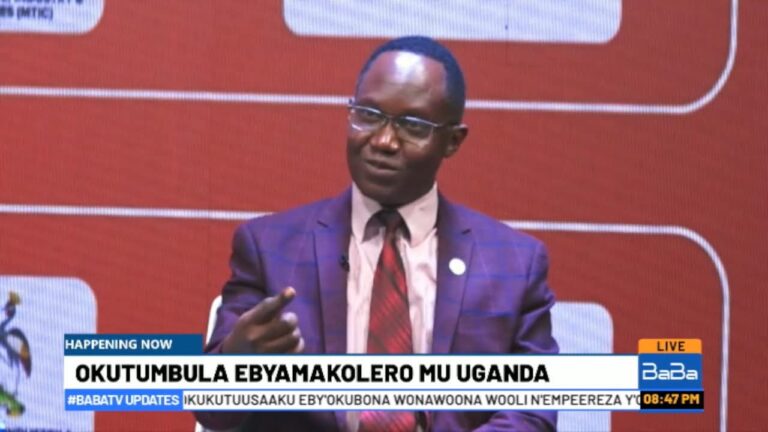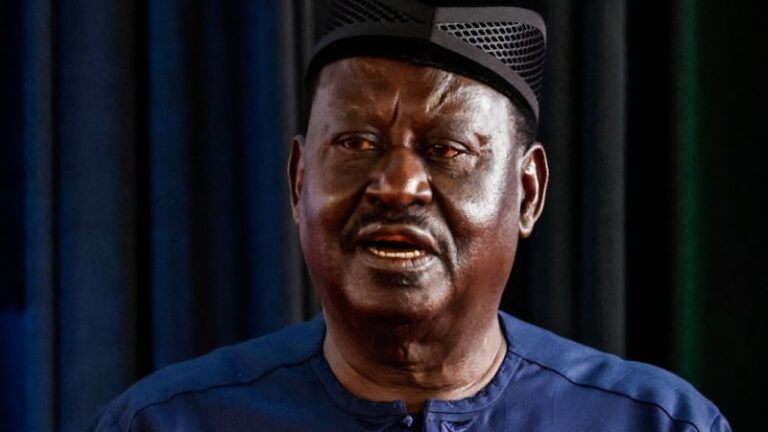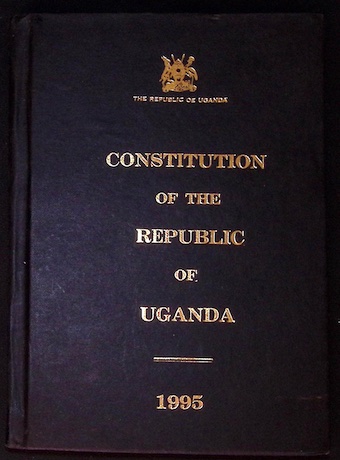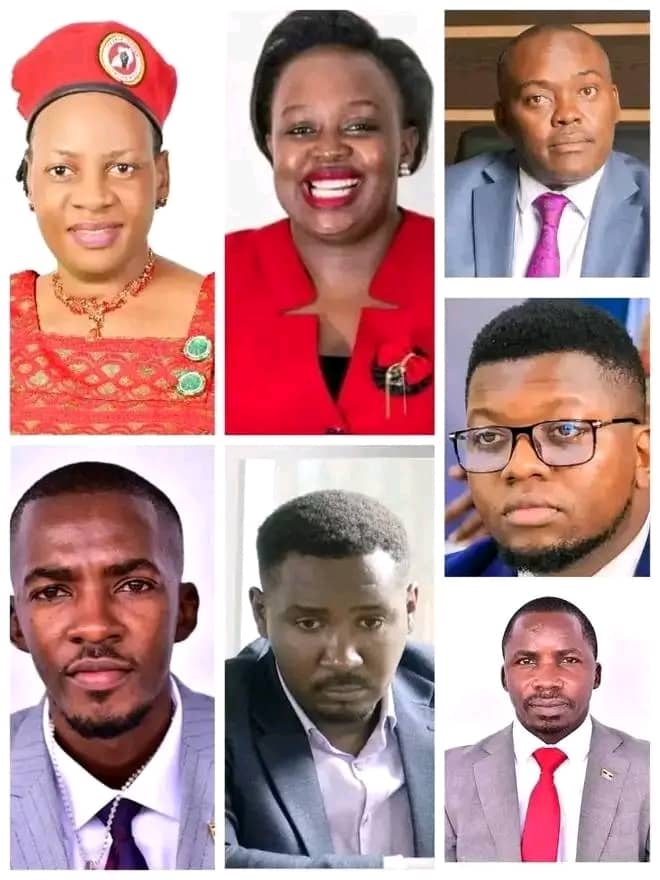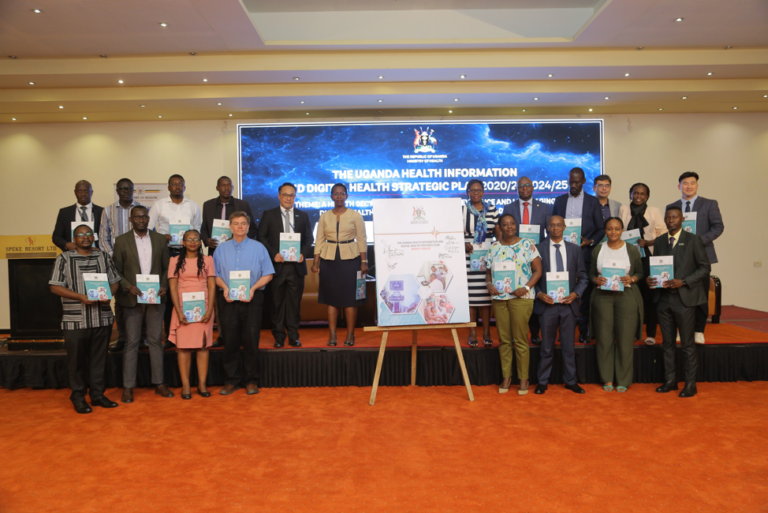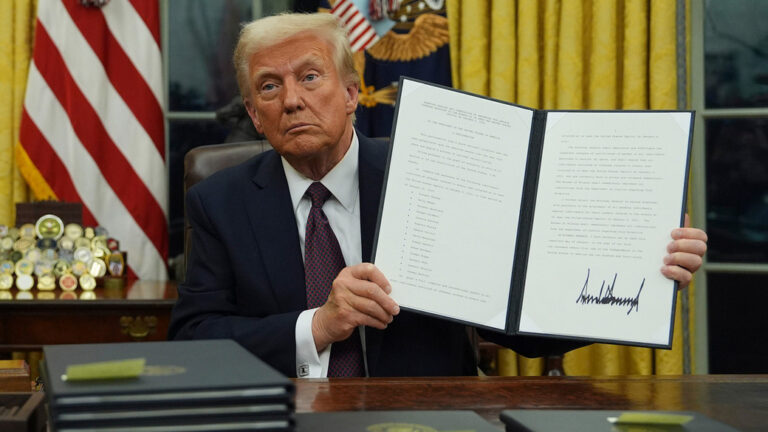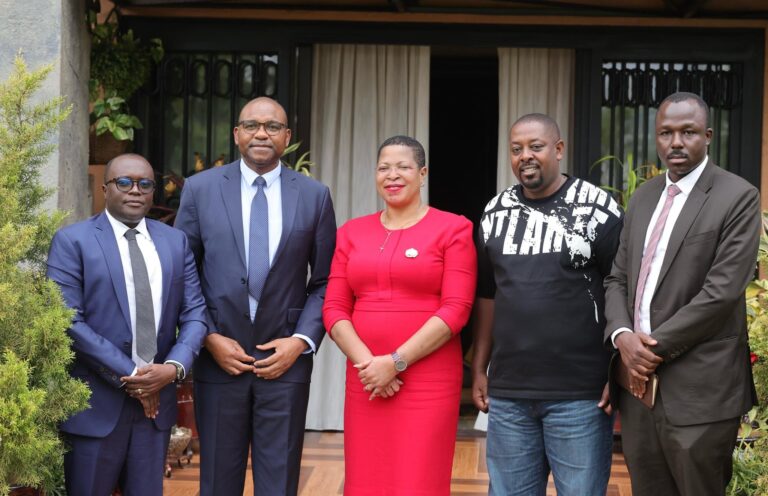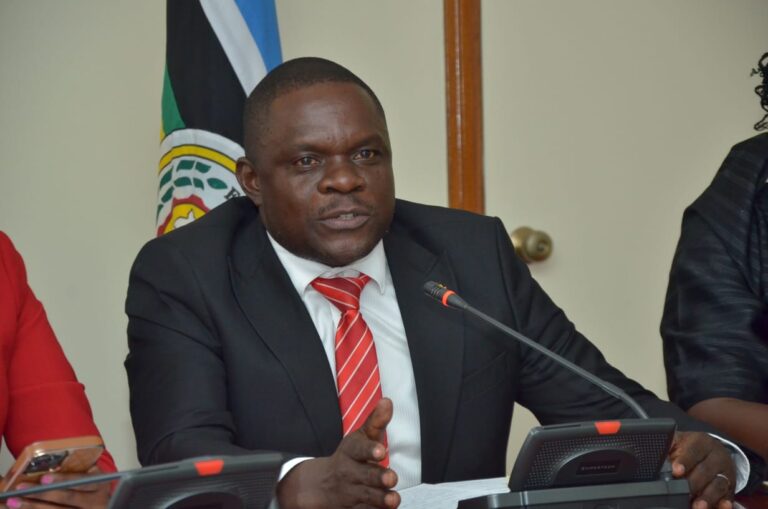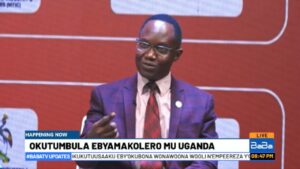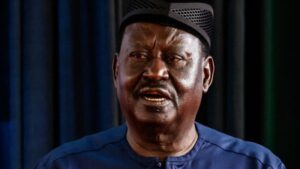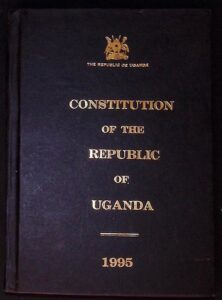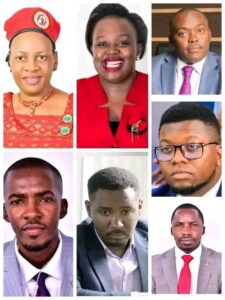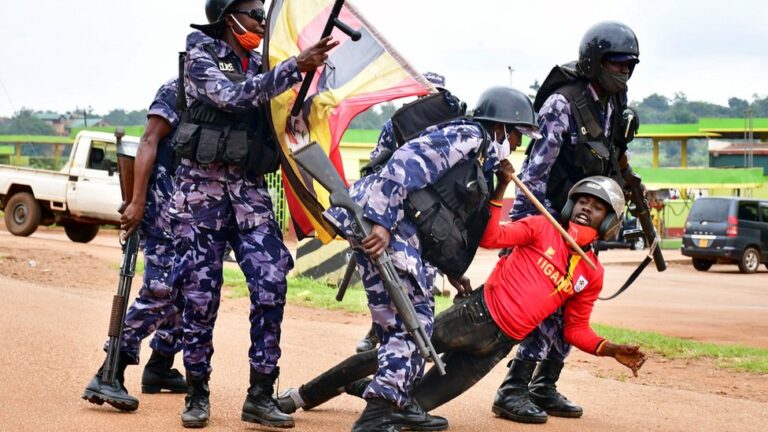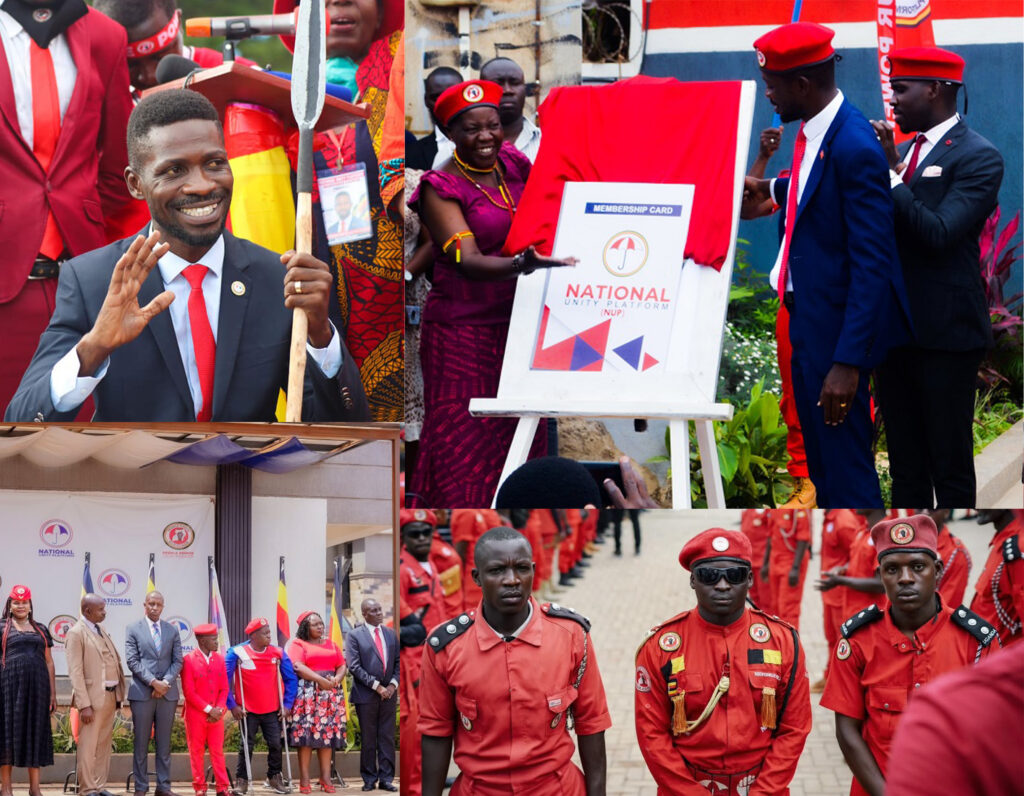
NUP @5 Years: Is It Still on the Struggle?
By Bakinyumya Douglas Paapa Ov Uganda
(Political TV Producer & Host – @BDouglasPaapa)

24/JULY/2025
In July 2020, a new political force burst onto Uganda’s landscape , the National Unity Platform (NUP). Born out of the People Power movement and propelled by the energy of youthful defiance, NUP stormed into the 2021 general elections and shook the foundations of the political establishment. With 57 Members of Parliament, nationwide recognition, and Robert Kyagulanyi Ssentamu better known as Bobi Wine as its charismatic face, NUP became more than a party; it became a national moment.
Now, five years since its official unveiling, the time has come to ask: Has NUP lived up to its promise? Has its struggle been enough?
Disrupting the Political Order
No one can deny the political earthquake NUP triggered. It reshaped the national discourse, attracted first-time voters, and gave voice to the disenfranchised. The party redefined the political narrative especially among the youth by replacing apathy with activism and giving ordinary people the courage to confront the status quo.
In Parliament, NUP’s presence broke the long-standing opposition monopoly held by the FDC and forced the ruling NRM to reckon with a louder, younger, and more defiant voice. In districts previously ignored by opposition politics, NUP candidates emerged as winners, even where the party had no solid structures.
For a political movement that began with street protests and online campaigns, this was a historic achievement.
A Party in Transition: From Protest to Policy
Yet five years later, the enthusiasm that carried NUP into Parliament is meeting the sobering demands of governance and strategy. The transition from activism to structured politics has proven to be a steep learning curve.
While NUP has succeeded in energizing the streets, it has struggled to institutionalize its momentum into long-term structures. Many of its MPs are still finding their footing, and the party lacks a clearly defined policy framework. Outside of opposing the excesses of the regime, it has yet to articulate a clear roadmap for governance, economic reform, or national cohesion.
In short: The fire of protest is not enough to govern a nation.
Internal Challenges and Public Expectations
The path hasn’t been without internal turbulence. Accusations of poor coordination, lack of internal democracy, and limited grassroots engagement have dogged the party. The absence of effective communication channels between the party leadership and its MPs has created cracks that could widen if not addressed.
Meanwhile, the Ugandan public particularly its youth continues to expect more. More policy depth. More visible action. More clarity of vision. The masses who rallied under the red beret in 2020 and 2021 now want results, not just rhetoric.
The Burden of Hope
NUP does not just carry political ambition it carries the burden of national hope. Millions of Ugandans, especially the young and economically distressed, view NUP not as a typical party but as a vessel for change, a symbol of a Uganda they dream of.
With such emotional investment comes great responsibility. The challenge now is not merely to oppose, but to build — to create structures that last beyond election cycles and to prepare a team that can one day govern.
If NUP wants to remain more than a symbol, it must embrace strategy over spontaneity, policy over protest, and leadership over reaction.
Conclusion: The Struggle Is Not Over — But It Must Evolve
Five years of NUP have changed the face of Ugandan politics. They have exposed the vulnerabilities of an aging political class, empowered a restless generation, and created a real opposition force.
But energy must evolve into strategy. Emotion must mature into vision. And resistance must transform into readiness.
Yes, NUP has struggled and that struggle has not been in vain. But for real change to take root, the next five years must look different from the last. The struggle must now be matched by structure, substance, and staying power.
Because in politics, momentum is not enough — endurance is everything.
By :Bakinyumya Douglas Paapa Ov Uganda (Political TV Producer and TV Host – @BDouglasPaapa


